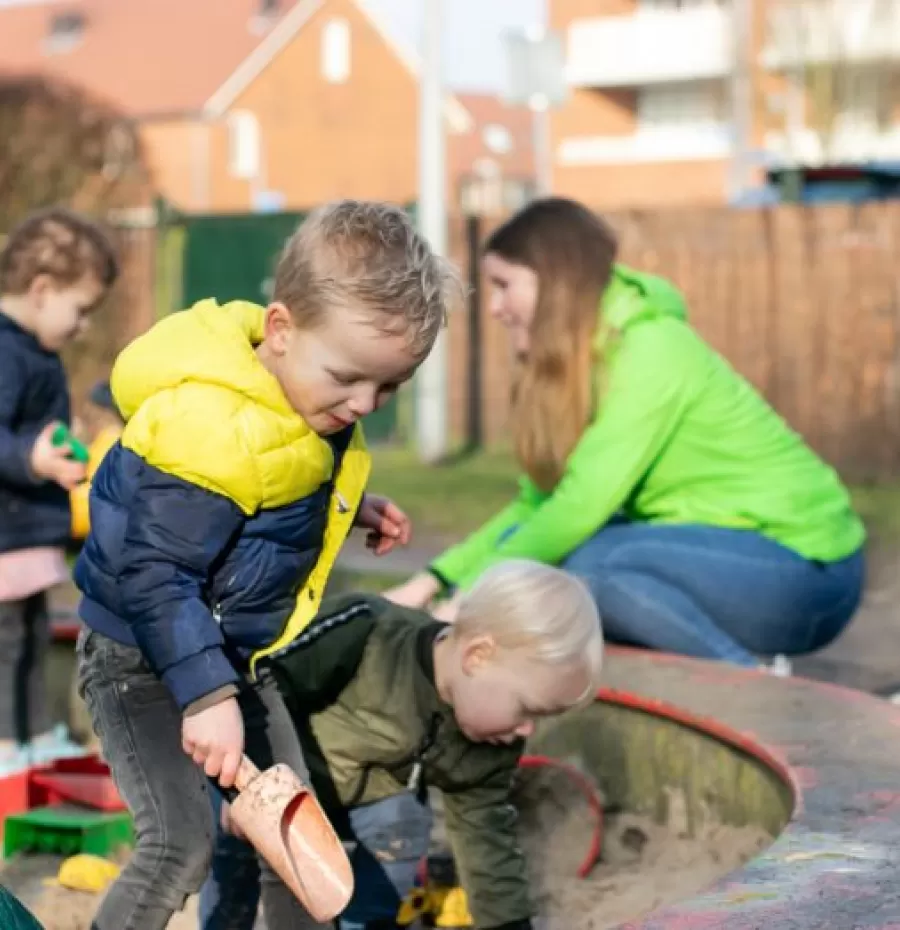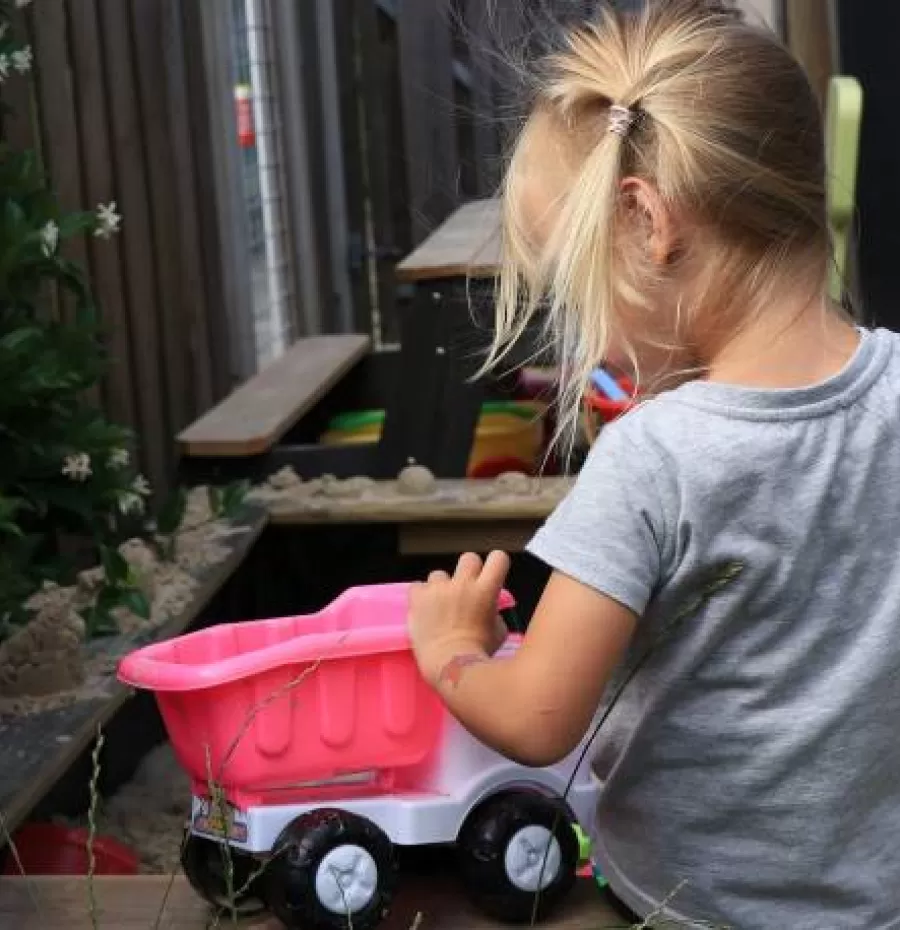
Page content
A new situation
New situations sometimes cause confusion for children. What’s more, babies don’t yet understand that their parents will return after they have left. All in all, it can be very stressful for most children. It may take a while before things become familiar and predictable. Once the situation feels safe and children feel at ease, they can start focusing on other things and develop further.
Fortunately, children adapt quickly to new situations. They are more flexible in this respect than adults. Soon a new situation becomes ‘the new normal’.
Children may get used to a new normal in phases. Sometimes they seem to feel completely settled, but at later stage suddenly appear to have trouble going to day care or school.
This sometimes happens when children haven’t been to school or day care for a few weeks because of the holidays. During the holidays, a new standard situation arises. Children are much more together with their parents. There’s no need to rush and often much time for fun activities. The daily rhythm is different. When children return to day care or school after a few weeks' holiday, it may take some time for them to get settled again.
The same applies to adults. When the holiday is over, the alarm clock needs to be set again. We have to get back to work, sports or other obligations. There are certain expectations. As an adult, however, you know what to expect and you prepare yourself mentally for this in advance.
Preparing children for changes
Children can also prepare themselves mentally for changes. By communicating a lot about what’s going to happen, children will know what to expect. This also applies to babies. Even though babies can’t talk yet, they understand more than we think. They also have a great need for predictability and can sense when parents are calm or tense.
Of course, we have some tips on how to guide children when situations change.
Positive communication
Positive communication helps to prepare a child for a new situation.
You may say: ‘Yes, I understand that you don't want to go to day care. But well, I have to go back to work too’.
But you could also say: ‘Yes, tomorrow you can play with all the children again! With all your friends, perhaps even in the big garden!’
A happy message makes children look at the new situation in a positive way. They feel your enthusiasm and take it on from you.


Seizing moments
Besides positive communication, you can also offer children preparatory moments. You could cycle past the day care centre or the school building, waving and shouting: ‘See you next week!’
Or you can have a look at photos together in the Bink-parent portal.
When your children go back to school, you can get their bags and clothes ready for the first day of school. This way, children are also visually stimulated to think about the change before it happens.
Accepting emotions
Children may become sad during the preparation and already indicate that they don’t want to go. It’s all right when children express their emotions. They process what’s coming and you can take more time for this during the preparation than at the moment of having to say goodbye.
Safety
Good preparation won’t prevent some children finding it difficult to say goodbye. A good preparation, however, will contribute to the feeling of safety and trust children have. It offers them the best possible start to enable them to quickly get (re)accustomed to the new environment and focus on playing and developing.